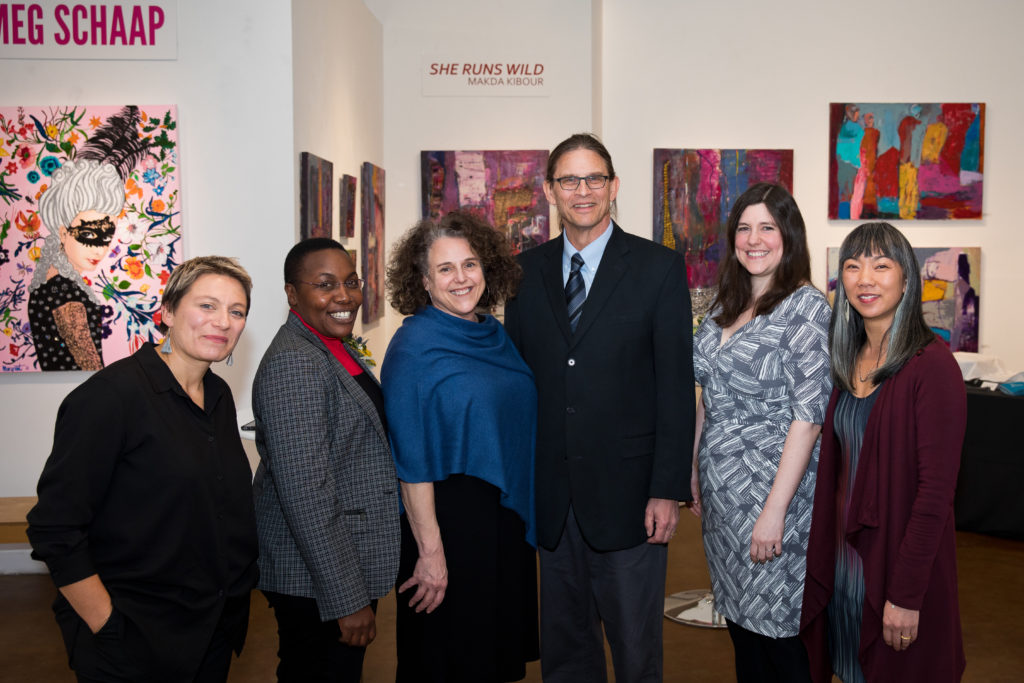As Resource Equity turns four, we are reflecting on what motivated us to begin, and why we continue: ensuring women’s rights to land and natural resources are at the center of our work.
We founded Resource Equity four years ago in order to center women in our work, and to ensure that women’s experiences, needs, and desires drive what we do. We know that secure land and resource rights are a critical building block that provide women, and their families and communities, the opportunity to prosper. However, for a long time, women’s voices have been excluded from land and resource rights reforms. We believe that many of the solutions to the challenges women face are found by starting with women, and by truly listening to them and including their perspective in everything that we do.
When economic development projects start with women, they benefit both women and men, but the reverse is not always true. In fact, development work often has unintended consequences. A project which gives money to households might see that money used to purchase alcohol instead of food. A change in a law to ensure that families get titles to land may result in women’s rights to land being extinguished in the process. Livestock given to women can be taken and sold by husbands who say that they own the land that was used to grow the fodder. Land given to landless women may not be used, because it is too far from home and the duties they have there, too barren, without water, or in an insecure place.
One way to foresee and forestall these consequences is to view people as people, not as projects, and to trust that they are normally the best judges of what is best for them. Even when we are constrained by funding and resources, we work to make sure that we talk to the people we are working with first, and that we work with partners in-country who know and care about women’s challenges and strengths.
Part of our work is to recognize and address the needs we can fulfill, then work to connect the communities we have committed to helping with other resources, and, most importantly, to ensure the women and men we are working with know that they are heard and that we are prioritizing their articulated needs.
But it also means we uncover needs we cannot solve or fund. Often, we know we could do much more if we had more time or resources. These needs are often for physical things, like picks and shovels, safety gloves, birth control, or school fees, or access to medical care, sanitation, and electricity. We know our work on land and resource rights aims for long term and sustainable benefits for people that rely on land to survive, including increased incomes and increased access to services. However, our work and these changes take time. In that time, the urgent needs that people face don’t go away.
Having worked in over 40 countries, we have insights into how to draft laws that work for women, design projects that provide women with the same opportunities as men, and advocate for policies that will improve women’s lives. However, work focused on women or gender is consistently underfunded, and funding is usually tied to particular goals or projects.
As we embark on our fifth year, we have set an ambitious goal: to raise $20,000 for our Impact Fund. Because it is not tied to a particular source of funding or a particular project, this fund gives us the flexibility to respond to immediate situations—the need to help a partner come up with language for a law that ensures women are included in decisions about resource use, for example—while also continuing to work for long term systemic change.
We are asking you to help us bridge some of the funding gap that we face in doing our work. You can read more about one particular set of communities in Uganda we are supporting on our fundraiser page here.
As we enter our fifth year, we want to thank you for supporting women’s land and resource rights. We truly believe empowered women change the world!




